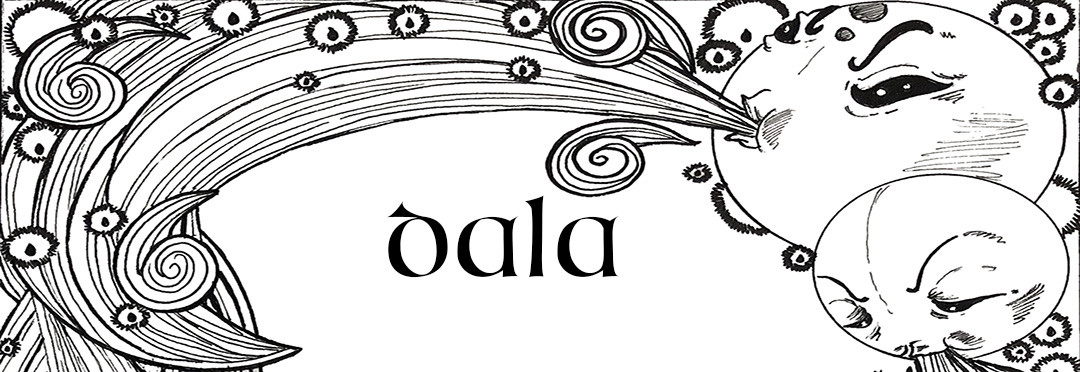
The language of Ebūda: Though the onandals speak their own language unintelligible to the análong, the official language of Ebūda is Dala (dah-lah). While the spoken form is referred to as simply Dala, the written form is split into two versions: Dala-Ang (dah-lah aang) and Dala-oúam (dal-lah ah-wam). Both are comprised of 18 letters, with Dala-oúam being the older of the two and used more for general communication where Dala-Ang is used mainly for signage.
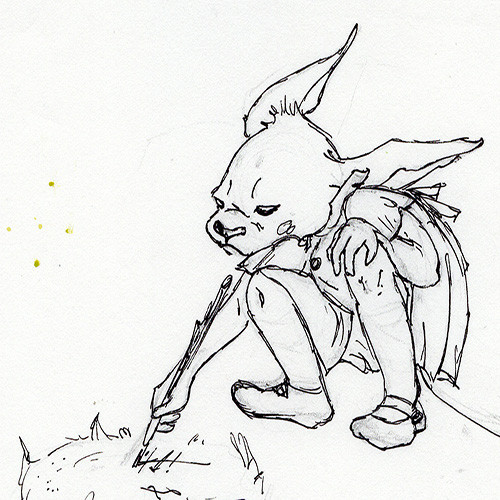
Pronunciations: The standard letter alphabet is pronounced much that like that of the English alphabet in Dala, but long vowels are a bit different:
ā (ay)
ē (ee)
ī or īī (eye)
ii (ee)
ō (oh)
ū (oo)
There is no Y in Dala, so vowels sometimes combine to make this sound:
Áa (yah)
Áā (yay)
Ée (yeh)
Éē (yee)
Óō (yoh)
Óū (yoo)
íī (yiy)
Vowels comnbine to form the “w” sound as well:
Úa (wah)
Úō (woh)
úi (wih)
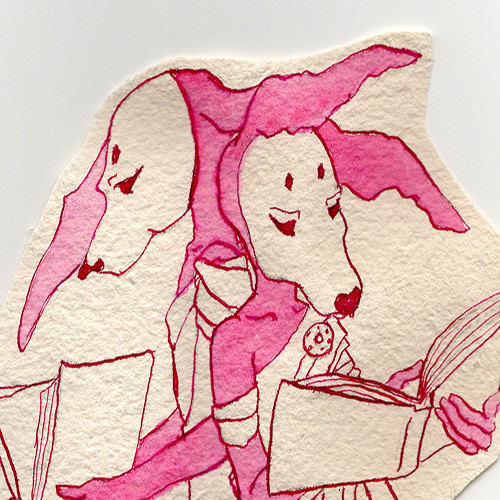
Consonants also combine to form sounds not inherently in spoken Dala:
L is used in combination with another consonant to stand in for “y” or “r” depending on the area. In the south, “dl” is pronounced dyah (as in dl’ah’sha) where in the north is it pronounced drah.
H is used before a consonant to stand in for a long e, as in hron (ee-ron).
Dh is used to stand in for a hard or soft “j” as in dandha.
Ts is used to stand in for “z” as in tso.
C is usually pronounced hard to stand in for “k”.
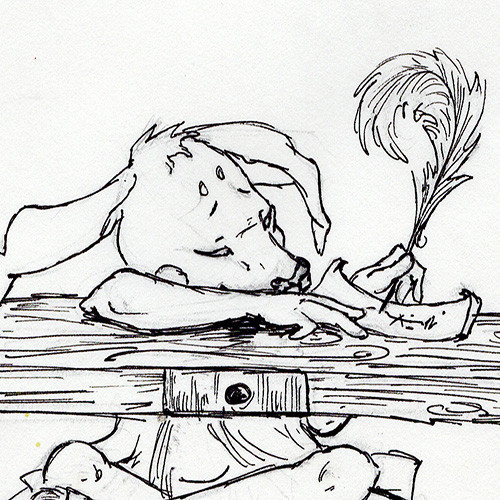
In both written forms of Dala there is no punctuation between sentences though there are apostrophes (called laats) to break up proper names to alert the reader as to their syllables. Because the degree of illiteracy is so high in Ebūda, these grammatical features have never completely developed, leaving the reader to add their own pauses, breaks and emphasis.
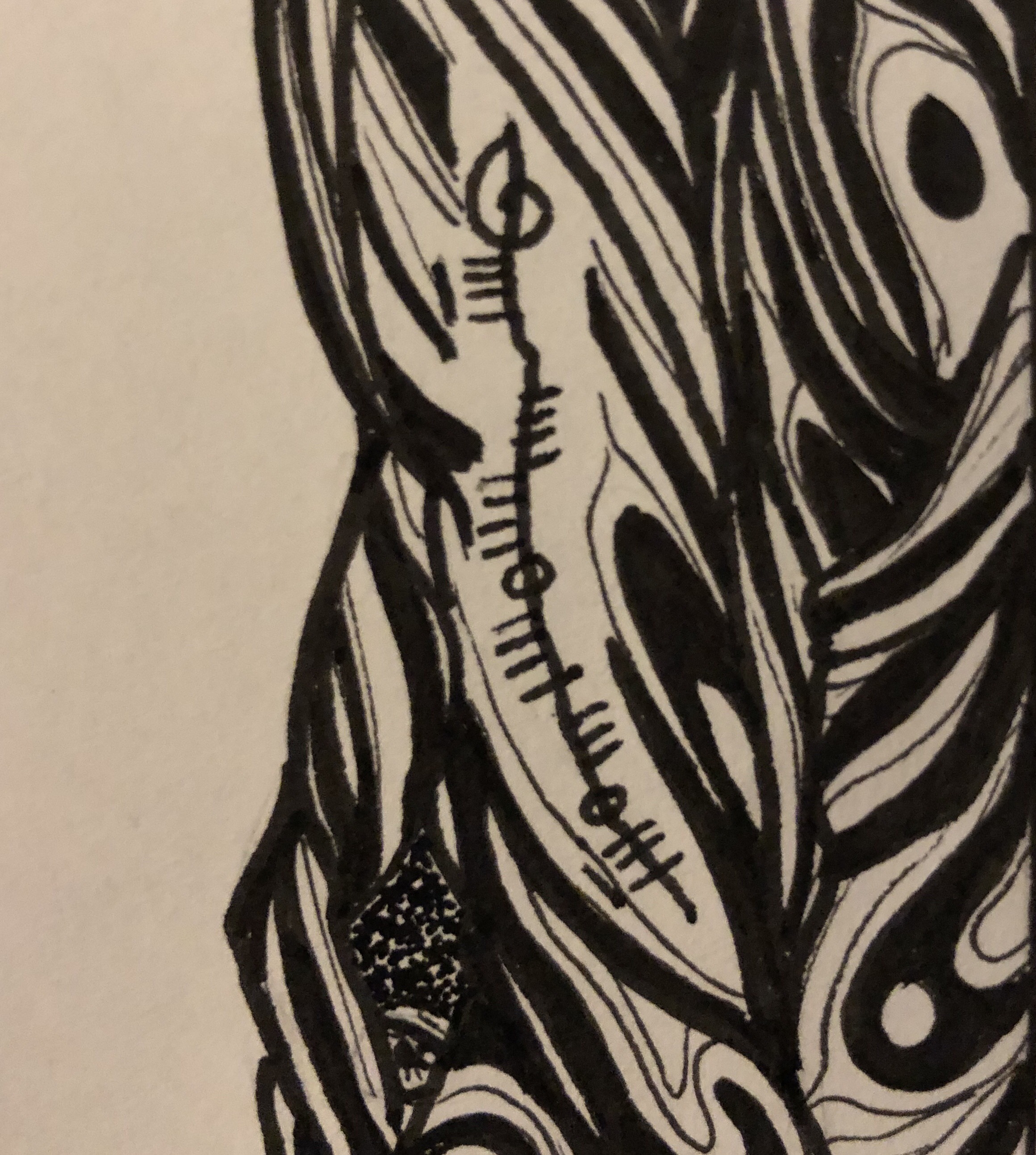
Common words and phrases:
A’ma / Shē’ma (ah-mah / SHEE-mah): mother/ mummy
A’da/ Aér (ah-dah / aa-YER): father/ daddy
Dandha/ ēdandha/ dandhō (dahn-JZAH / EE-dahn-JZAH/ dahn-JZOH): sister/ little sister/ elder sister
Shina/ ēshina / shinō (shih-nah, EE-shih-nah, shih-NOH): brother/ little brother/ elder brother
Nūaca (noo-AH-KAH): Elder
Āsa (AY-sah): title; “your honour”
Saō (SAH-oh): proper male address; sir, mister
Dēo (DEE-oh/ DAY-oh): proper female address; ma’am, miss
Dhana (JAW-nah / JZAH-nah): child
Tsō / tsōl (SOH / ZOHL): no; no (with emphasis)
A’dhā (ah-JZAY): hello
S’bonála (sih-BONN-yah-LAH): general greeting that literally translates as “What is.” Said ha-s’bonála it then translates as a question “What is it here? What is happening?”
Dhá (DHAH / DHAA): goodbye
Ta (tah): I
Nā (nay): me
Nūl (NOOL/ NOOLR): you (singular)
Nūla (NOO-lah/ NOOR-rah): you (plural)
Ta óō (tah YOH): mine
Nūl úō (NOOL WOH) : yours
Shāe nō (SHAY NOH): its (belonging to an object)
Ta na’aói nūl: (tah nah-AH-yuh NOOL): I love you
Asama (AH-SAH-mah): family
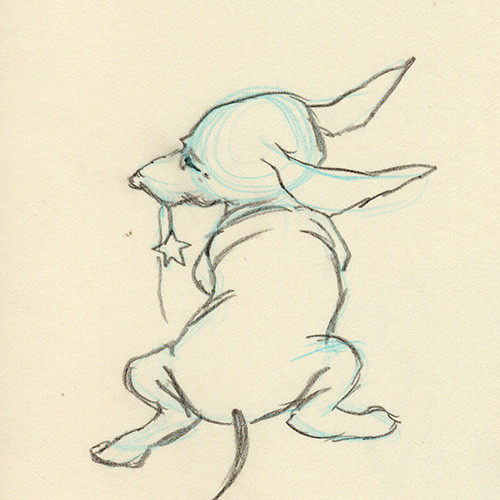
Pūdha (POO-jzah)
Nūshca (NOOSH-kah)
Laata (laat-ah)
Endhē (EN-jee)
Dorii (DOOR-ee)
Ahnūc (ah-NOOK)
T’hī (TYE)
hĒshū (EE-shoo)
Mashorē (MAH-shor-EE)
Sindrē (sihn-DREE)
Sa’mīá (Sah-MYE-yah)
Gūnda (GOON-dah)
H’eret (HAIR-et)
Dhē’orr (JZEE-ohr)
Lrā’á (el-RAY-yah/ eh-RAY-yah)
Rā-al (RAY-ahl)
Doripet (door-IH-pet)
Tah’dhahn (tah-DJAHN)
Brē’él (bree-YELL)
Arahn’det (ah-RAWN-dett)
Or’reh (ORR-reh)
H’áān (ee-YAYN)
Ēres’sa (ee-RES-sah)
Ahóan’eh (ah-YON-eh)
Ahra’dāe (ah-rah-DAY)
Dhahdāe (djah-DAY)
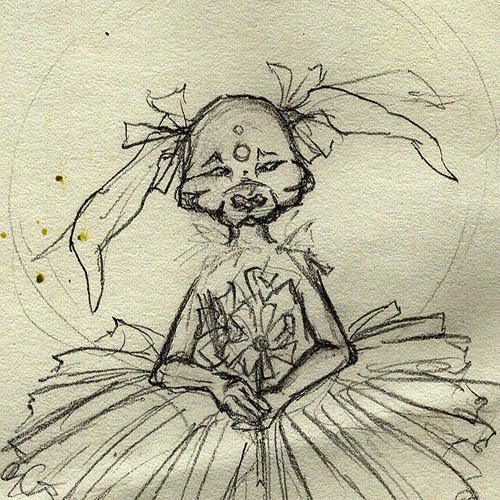
© K.Rose Quayle 2019
Author photos by D. Chalich